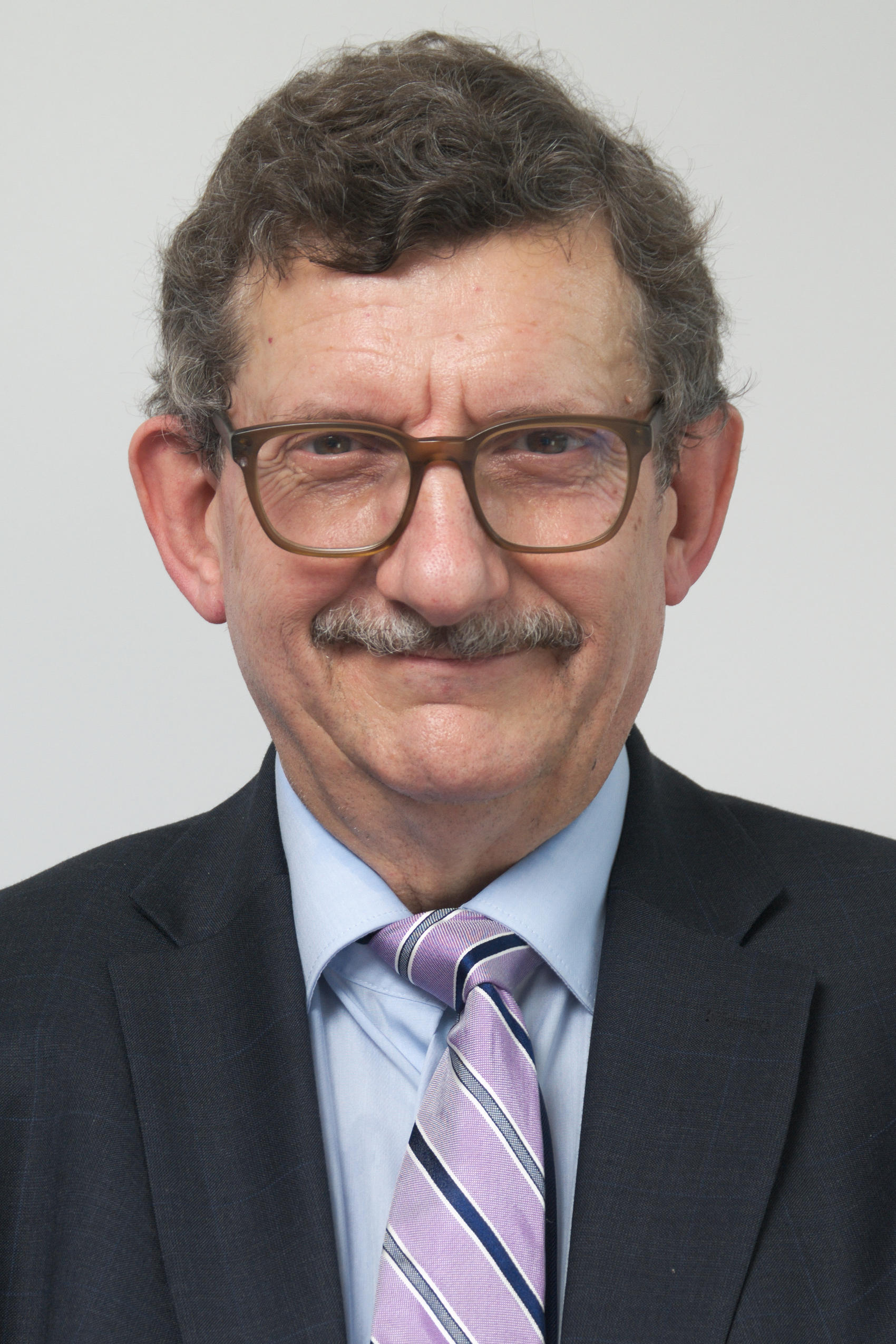Wednesday, 5 November 2025, 15:00 CET
On modern processors, compiling is very difficult, as it has to deal with large Instruction Level Parallelism and various vector lengths/instruction sets available, so often compilers generate suboptimal code. In this presentation, we demonstrate how MAQAO (www.maqao.org) coupled with QaaS (https://www.compqual.org/qaas_page/) can be used to explore and detect compiler mistakes or suboptimal decisions, helping the user select the best compiler strategy. Such an exploration relies on MAQAO advanced binary analysis features combined with simplified performance models (Code Quality Analysis).
This work has been be carried out with three compilers (ICX/IFX, GCC/GFORTRAN and ACFL) and various options. The target codes range from miniapps (from the Exascale project) and two large-scale applications: LAMMPS (a popular molecular dynamics code) and OpenRadioss (a well-known crash & impact code). Target hardware are INTEL X86 systems and AWS Graviton3/4 processors. A large effort has been devoted to perform comparative analysis between different compilers, compiler options and hardware.
About the Presenter
 William Jalby is a full Professor at University of Versailles Saint Quentin en Yvelines. His research interests are focusing on memory system analysis and optimization, compilers and parallelism. Most of his research has been carried out in close collaboration with hardware suppliers (Fujitsu, Bull and INTEL), tools developers (JSC, TUD, University of Oregon, CAPS Entreprise) and application developers both from research (CEA, EDF, CNRS) and Industry (ESI, MAGMAsoft, Dassault, GNS, RECOM, CERFACS…). In 2010, he got appointed as CTO of the Exascale Computing Research Lab (a joined HPC laboratory founded by CEA, INTEL and UVSQ) and he is leading ECR research activities. He has authored over 100 technical publications in international journals and conferences and directed over 35 PhD Theses.
William Jalby is a full Professor at University of Versailles Saint Quentin en Yvelines. His research interests are focusing on memory system analysis and optimization, compilers and parallelism. Most of his research has been carried out in close collaboration with hardware suppliers (Fujitsu, Bull and INTEL), tools developers (JSC, TUD, University of Oregon, CAPS Entreprise) and application developers both from research (CEA, EDF, CNRS) and Industry (ESI, MAGMAsoft, Dassault, GNS, RECOM, CERFACS…). In 2010, he got appointed as CTO of the Exascale Computing Research Lab (a joined HPC laboratory founded by CEA, INTEL and UVSQ) and he is leading ECR research activities. He has authored over 100 technical publications in international journals and conferences and directed over 35 PhD Theses.
